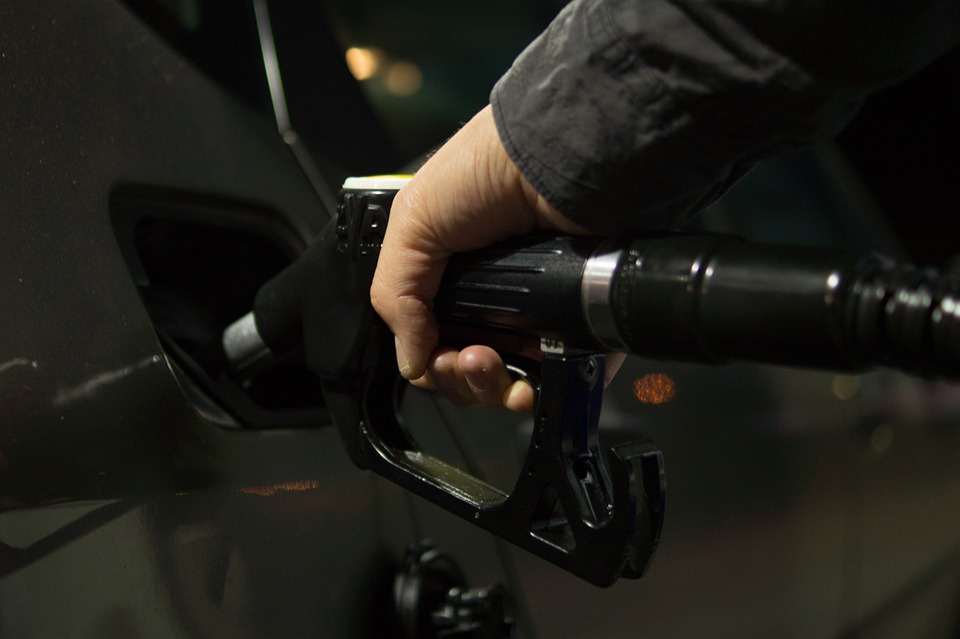AAA Report Reveals Some Gas Varieties Better than Others
28th Jul 2016

Think all varieties of fuel are the same? Think again. According to a new report published by the North American motor club American Automobile Association (AAA), there are significant differences in quality and performance between the different tiers of gasoline. So spending a few extra cent per gallon could actually be worth the investment.
For the study, AAA researchers examined many different fuel varieties, paying close attention to those with "fuel additives" and how they impacted cars' performance and longevity. They discovered significant differences between top-tier gasoline and generic fuel sold at gas stations throughout the United States. More specifically, generic gas contributed to 19 times more engine deposits over the course of 4,000 miles when compared to its top-tier counterpart, attesting to the benefits of choosing premium gasoline at the pump.
Why is this important? Well, carbon deposits are bound to accumulate within a car's engine over time -- and that's okay. As these carbon deposits grow, however, it can reduce the vehicle's fuel efficiency rating, lower its performance, and even increase its emissions.
AAA points out that top-tier gasoline follows a strict set of guidelines regarding the use of additives. However, only one-third of all gas stations in the United States meet the necessary criteria for selling top-tier gasoline. These gas stations include Exxon, Mobil, Chevron, Valero and Costco.
What's even more interesting is that most consumers agree that there's a noticeable difference in quality between the different gas stations, yet only 12% of consumers choose their gas based on its additives. Instead, most consumers choose gas based on its convenience of access and price.
Even if you've been pumping low-tier gas into your car or truck, it's never too late to make the switch. According to AAA's director of automotive engineering Greg Brannon, you can "reverse" engine deposit buildup by switching to a top-tier gasoline.
"The test engine operated on a TOP TIER gasoline averaged 19 times fewer intake valve deposits than when it was operated on non-TOP TIER gasoline. (based on the ASTM D6201 test TOP TIER gasoline averaged 34.1mg of deposits per intake valve versus non-TOP TIER-average of 660.6mg)," explained AAA. "Based upon secondary research findings, long-term use of a gasoline without an enhanced additive package can lead to reductions in fuel economy of 2-4%, drivability issues, and increased emissions."

